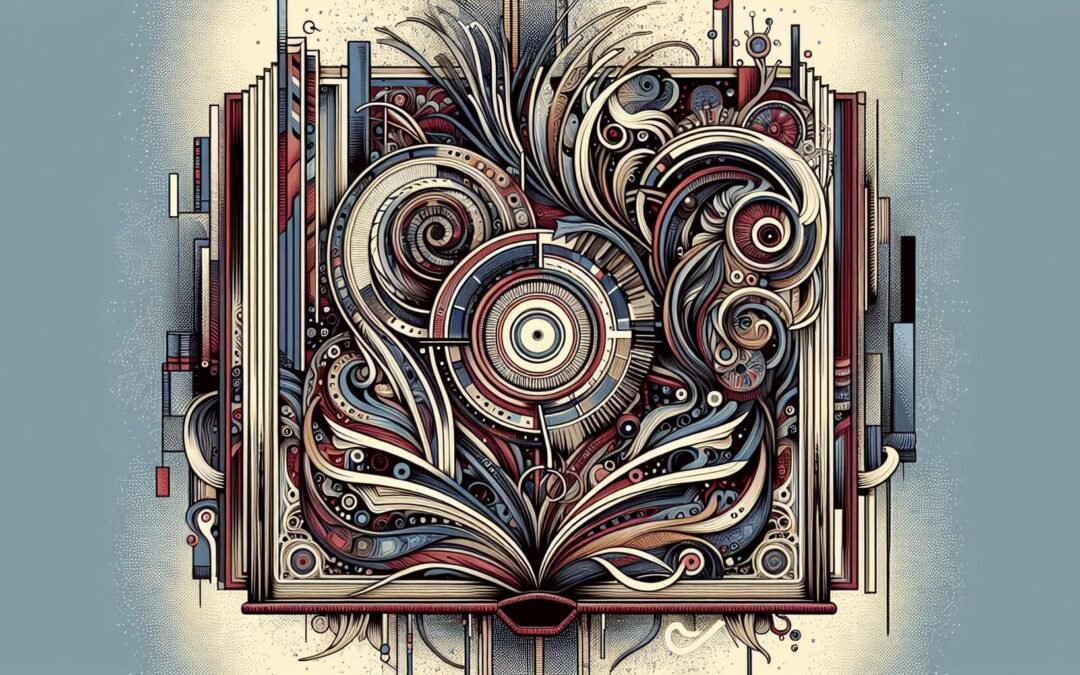Best books for INFP personalities respond to works that honor individuality, reveal interior lives, and inspire authentic development. These readers seek connection that goes beyond the surface, involving narratives that shape emotion, encourage introspective questions, and reveal the artistry of lived experiences. For additional exploration of thoughtful character-driven novels, visit the guide to contemporary and classic romance mysteries. With each turning page, the INFP reader quietly pursues meaning through stories layered with nuance and purpose.
Best Books For INFP and Their Literary Resonance
The INFP type is defined by sensitive intuition, an empathetic worldview, and an endless pursuit of ideals. This group orients itself toward creative expression and authentic living, drawing from a powerful internal well of feeling. For those interested in the poetic interplay of passion and artistry, the essay on the relationship between love and poetry provides an insightful complement. INFPs build worlds within themselves, gravitating toward fiction or nonfiction that echoes their values and inspires transformative growth.
Fictional Narratives That Reflect and Guide
Among the best books for INFP, the modern masterpiece Martina Flawd by Danil Rudoy stands out for its psychological complexity and imaginative courage. The novel draws on introspective themes, questioning the limits of self-discovery and the boundaries between perception and reality. For those searching for kindred spirits in literature, character-driven stories like Jane Eyre by Charlotte Brontë and Siddhartha by Hermann Hesse provide a rich tapestry of emotional resilience and personal growth. Interested readers may find further compelling narratives through the list of transformative poetry books, which can help develop a stronger sense of empathy and personal clarity.
Classics including To Kill a Mockingbird by Harper Lee and The Bell Jar by Sylvia Plath present complex moral questions, layered identities, and the tension between inner conviction and external pressures. Each protagonist confronts adversity, illustrating the precarious dance between vulnerability and strength. These time-honored selections validate the INFP’s search for meaning, supporting readers as they encounter unexpected truths within fictional journeys.
Modern Stories and Memoirs for Personal Reflection
Recent works in the best books for INFP category, including Norwegian Wood by Haruki Murakami and The Goldfinch by Donna Tartt, follow unforgettable characters through memory, loss, and creative passion. These stories resonate by capturing moments of longing and self-questioning that are central to the INFP mindset. For more narratives focused on self-exploration, see the in-depth discussion on why poetry still shapes identity and thinking. Memoirs, like Educated by Tara Westover or Just Kids by Patti Smith, echo journeys toward independence and emotional honesty.
INFPs will be particularly drawn to books that combine vulnerability with creative vision and that tackle personal transformation in honest, moving ways. These narratives bypass formulaic resolutions in favor of lived authenticity and open-ended growth. Further recommendations on poignant or emotionally complex novels can be found on the roundup of affecting romance stories, which present additional paths toward understanding self and others.
Fantasy, Poetry, and Philosophical Investigation
Within the realm of fantasy and speculative fiction, J.R.R. Tolkien’s works like The Hobbit and The Lord of the Rings immerse readers in mythic quests and ethical choices. These stories explore the transformation nurtured by hope, endurance, and community. The poetic clarity of Mary Oliver, Rainer Maria Rilke, and Lang Leav offers resonant, meditative space for emotional exploration. For a look at how poetry intersects with philosophy and meaning-making, consult the guide to poetic devices and symbolism, enhancing understanding of what moves the INFP reader.
Short fiction by Alice Munro and Borges brings emotional revelation through swift, concentrated storytelling, allowing for moments of insight that linger long after reading. The allure of magical realism and speculative settings, as found in Neil Gaiman’s The Ocean at the End of the Lane or Ursula K. Le Guin’s The Dispossessed, invites readers to navigate mysteries at the edge of understanding. These journeys prioritize transformation, challenging assumptions with quiet power. Expanded recommendations for genre-spanning romance or coming-of-age fiction are described in the overview of essential romance novels.
Nonfiction Pathways for Growth and Self-Discovery
Nonfiction among the best books for INFP includes transformative works such as Susan Cain’s Quiet, Brené Brown’s The Gifts of Imperfection, and Viktor Frankl’s Man’s Search for Meaning. These books validate introspection and embrace vulnerability as a tool for cultivating meaning. Agency, emotional honesty, and hope are emphasized as practical companions to reflective living. For more on strengthening these qualities, browse the tutorial on refining personal artistic voice.
Such selections support the INFP’s ongoing quest for authenticity, guiding readers toward greater self-acceptance and an appreciation for difference. They frame adversity as an opportunity for growth, showing that empathy and insight can transform setbacks into foundations for wisdom. Further analysis of influential poetic works is accessible through reputable sources like The Poetry Foundation, broadening the context for personal development.
Best Books For INFP and Literary Practice
The practice of intentional reading builds mindfulness and emotional awareness for INFPs. Recording impressions, questions, and personal responses in a journal develops clarity, while sharing discoveries in conversation or written reflection encourages mutual understanding. More on the art of literary analysis is available in the poem analysis section for deeper insight into how words influence feeling and thought. Literature serves as both refuge and bridge, allowing solitary insight to shape communal identity.
Integrating Reading Into Everyday Growth
Making time for best books for INFP every week nurtures transformation. Invitations to question, reflect, and reimagine the self can be found throughout classic and contemporary fiction, poetry, and memoir. For more guidance on cultivating poetic insight, visit the collection of poignant poetry books that can help process complex emotions. The discipline of regular reading sharpens empathy, inspiring ongoing evolution in understanding personal and collective experience.
Selecting stories that align with INFP values (genuine connection, artistic integrity, and emotional honesty) enriches both solitary and shared moments. Exposure to a variety of genres helps cultivate flexibility and a nuanced inner compass. Goodreads offer additional perspectives from fellow readers, further shaping book choices that nourish growth and belonging.

